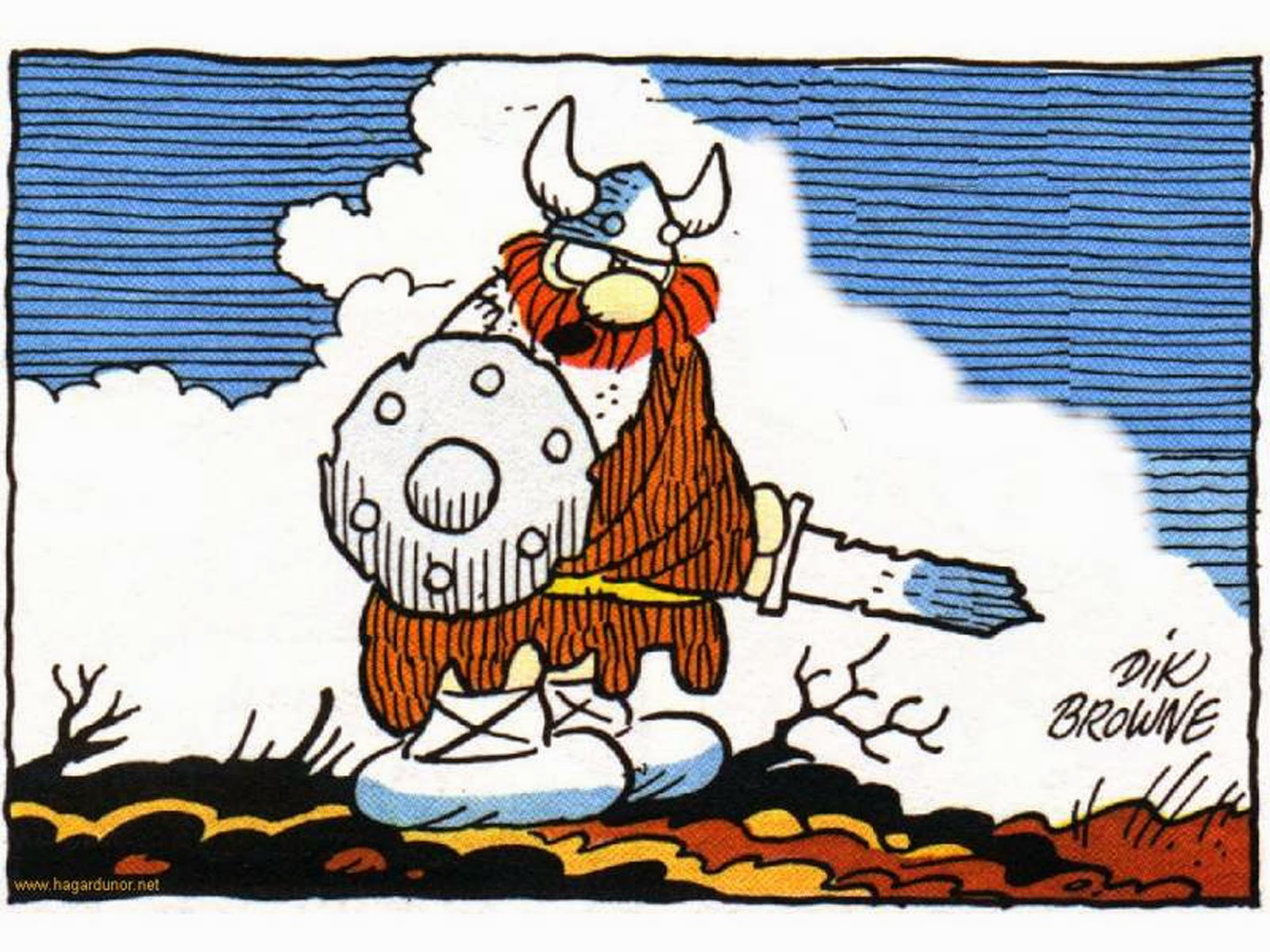I will answer this since it seems he has not. From Wikipedia:
Stoicism is a school of
Hellenistic philosophy founded by
Zeno of Citium in Athens in the early 3rd century BC. It is a philosophy of personal eudemonic
virtue ethics informed by its system of
logic and its views on the natural world, asserting that the practice of virtue is both necessary and sufficient to achieve
eudaimonia – flourishing, by means of living an ethical life. The Stoics identified the path to eudaimonia with a life spent practicing the
cardinal virtues and living in accordance with nature.
The Stoics are especially known for teaching that "
virtue is the only good" for human beings, and those external things—such as health, wealth, and pleasure—are not good or bad in themselves (
adiaphora), but have value as "material for virtue to act upon". Alongside
Aristotelian ethics, the Stoic tradition forms one of the major founding approaches to
virtue ethics.
[1] The Stoics also held that certain destructive emotions resulted from errors of judgment, and they believed people should aim to maintain a will (called
prohairesis) that is "in accordance with
nature". Because of this, the Stoics thought the best indication of an individual's philosophy was not what a person said but how a person behaved.
[2] To live a good life, one had to understand the rules of the natural order since they thought everything was rooted in nature.
Many Stoics—such as
Seneca and
Epictetus—emphasised that because "virtue is sufficient for
happiness", a
sage would be emotionally resilient to misfortune. This belief is similar to the meaning of the phrase "stoic calm", though the phrase does not include the traditional Stoic views that only a
sage can be considered truly free and that all moral corruptions are equally vicious.
[3]
Stoicism flourished throughout the
Roman and
Greek world until the 3rd century AD, and among its adherents was Emperor
Marcus Aurelius. It experienced a decline after
Christianity became the state religion in the 4th century AD. Since then it has seen revivals, notably in the
Renaissance (
Neostoicism) and in the contemporary era (
modern Stoicism).
Stoicism - Wikipedia
He may have some differences from this general description. As a student of history, I had heard of this.
In common usage being stoic means today one apparently or professedly
indifferent to pleasure or pain.

